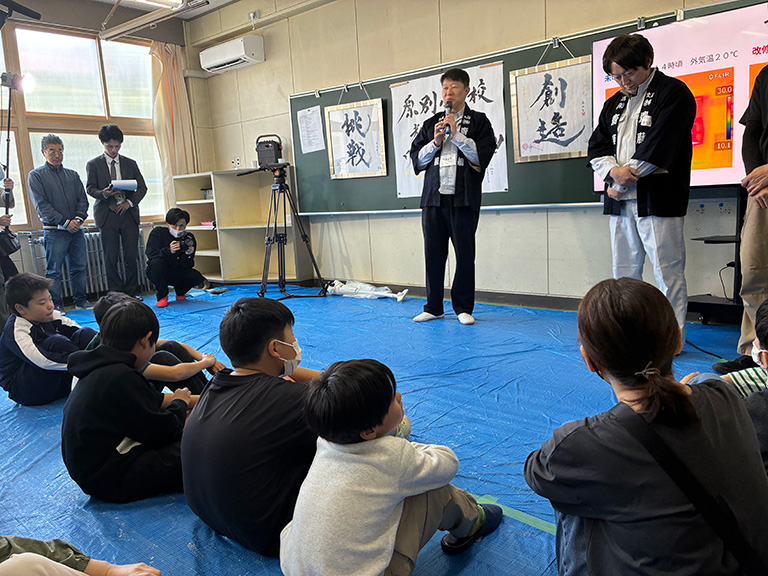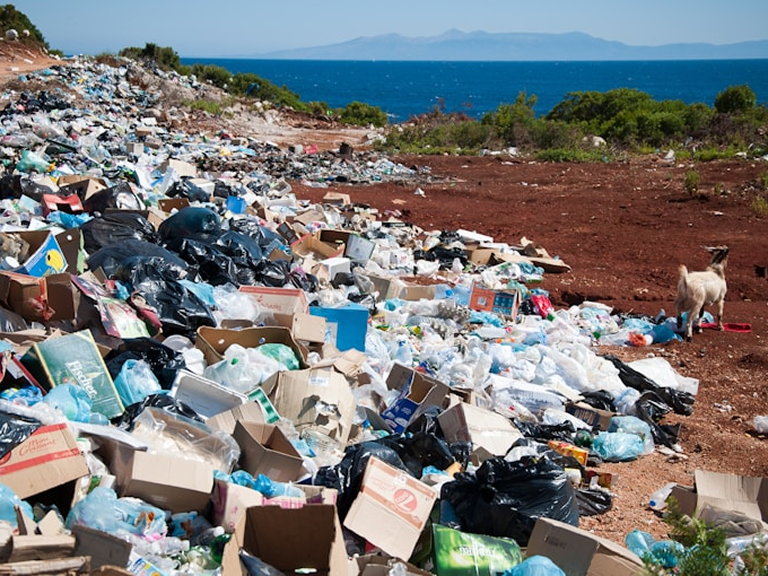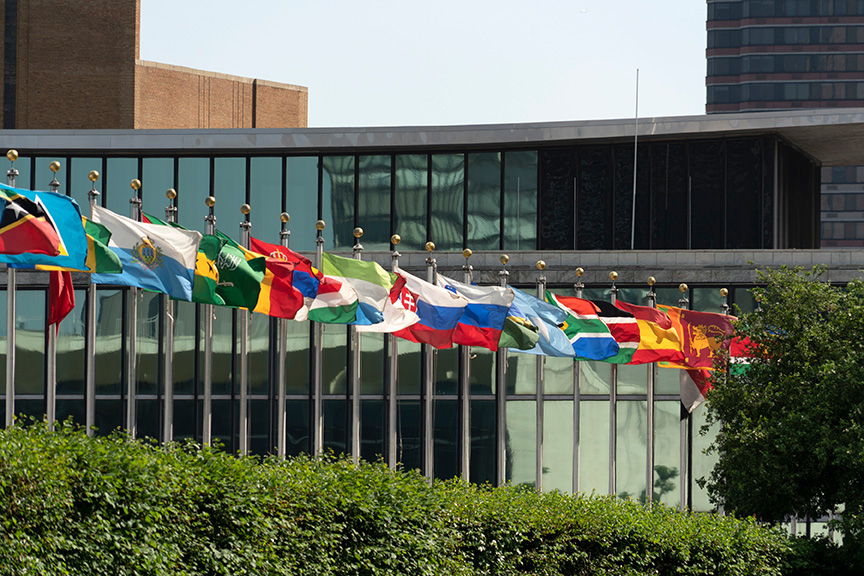02
OUR
WORKS

Despite being located at the northernmost of Honshu, Aomori is also impacted by climate change. For example, one of its city (Mutsu city) canceled classes in all 21 elementary and junior high schools due to extreme summer heat on August 25, 2023. Since 2018, the government has been promoting the installation of air conditioners in schools to prevent heatstroke, with current installation rates exceeding 95%.
To create more comfortable living environments while reducing energy costs and GHG emissions, residents in Aomori Prefecture are taking proactive steps toward climate action. Through our partnership agreement with the “Citizen Association for Promoting Aomori Climate Action,” we provide comprehensive support for their community-driven initiatives.
In June 2025, the group organized an interactive insulation workshop at Harabetsu Elementary School in Aomori City. The event brought together approximately 50 participants, including elementary students, parents, local carpenters, officials, and observers. Families learned about insulation as an effective energy efficiency solution through hands-on activities and collaborative learning. Building on the workshop’s success and the tangible benefits participants experienced, the group plans to present their findings and recommendations to municipal and prefectural authorities. Their goal is to advocate for insulation retrofits in public facilities and advance concrete climate action policies at the institutional level. This partnership exemplifies our commitment to empowering grassroots decarbonization efforts that has socio-economic benefits. We continue to support local climate action groups through strategic information sharing, technical expertise, and network facilitation to accelerate meaningful progress at the regional level.


Climate change threatens the continuation of local foods and cultural practices that define our communities. Each sector requires targeted measures to ensure these industries remain viable and economically sustainable. Traditional sake brewing, recognized by UNESCO as an Intangible Cultural Heritage in December 2024 for its community engagement and SDG contributions, is at the centre of this challenge. This craft faces mounting climate pressures: rice cultivation — sake’s primary ingredient — increasingly suffers from temperature fluctuations and irregular rainfall. According to the Ministry of Agriculture, Forestry and Fisheries, “paddy rice”, the essential ingredient for sake, is a product being affected by climate change such as high temperatures and low rainfall which cause issues like mass outbreaks of rice stink bugs. Meanwhile, sake breweries face growing operational challenges as extreme heat complicates the precise temperature control essential for quality production.
These impacts extend beyond cultural preservation to economic concerns—reduced yields, higher operational costs, and quality issues threaten employment and regional economic stability.
We address climate impacts across traditional industries like sake brewing while investigating vulnerabilities in less-studied sectors. Through targeted research and stakeholder engagement, we work to translate on-ground realities into actionable policy recommendations that protect both cultural heritage and local economic resilience.
Example themes: Japanese sake, miso, green tea, etc.


Addressing climate change, plastic pollution, and sustainable development requires coordinated international action beyond Japan’s domestic efforts. As one of the few Japanese organizations with specialized expertise in multilateral environmental diplomacy, we participate in key international
negotiations while providing domestic stakeholders with critical insights from these forums. We support businesses and local governments seeking international engagement, designing effective partnerships that maximize their participation and impact. Our current involvement spans SDGs and development finance, plastic treaty, and climate change.
Furthermore, some of these spaces provide meaningful networking opportunities for our domestic partners to identify counterparts. With our extensive networks, we support both international and domestic actors to develop partnerships that accelerates Japan’s net zero efforts.